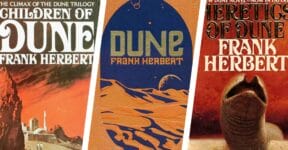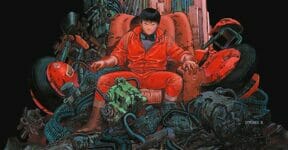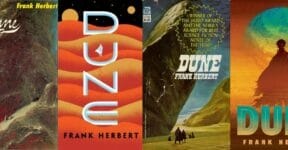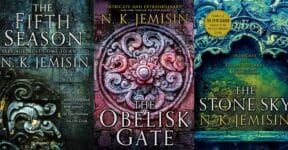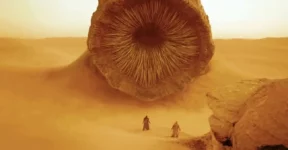“Interstellar” is a term often associated with space exploration, science fiction, and the concept of travelling between stars. There are many books that explore themes related to interstellar travel, alien encounters, and the vastness of space. Here are a few notable examples:
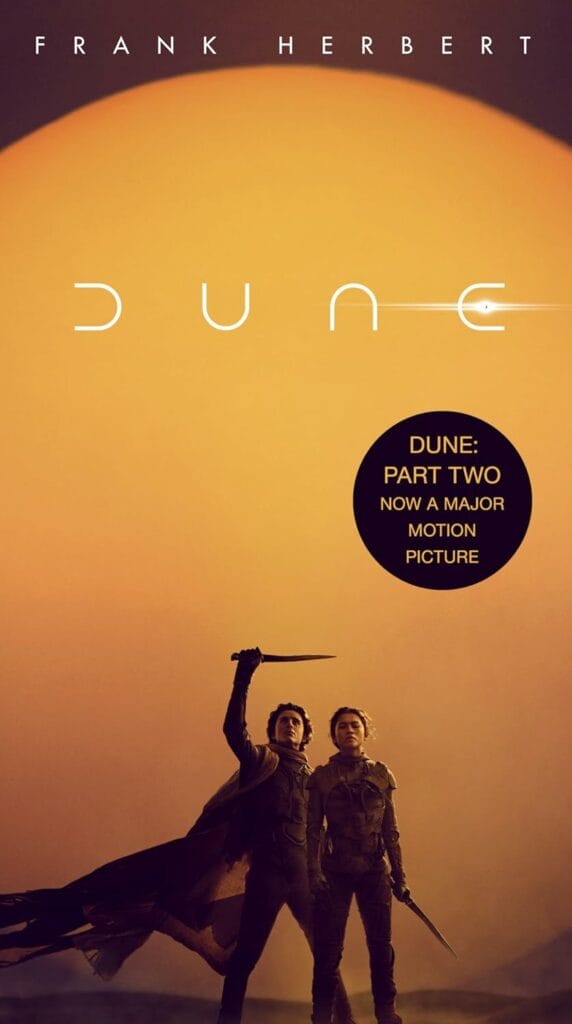
“Dune” by Frank Herbert:
Set in a distant future where noble houses vie for control of the desert planet Arrakis, “Dune” follows the story of Paul Atreides, whose family assumes stewardship of Arrakis. The planet is the only source of the valuable spice melange, essential for interstellar travel and coveted across the universe. As Paul navigates political intrigue, he undergoes a journey of self-discovery that leads him to fulfil ancient prophecies and challenge the established order.
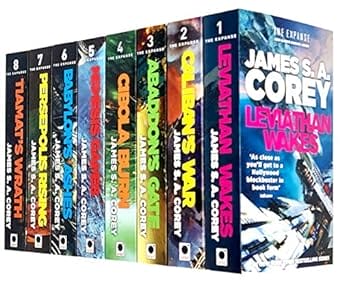
“The Expanse” series by James S.A. Corey:
Beginning with “Leviathan Wakes,” the series unfolds in a future where humanity has colonized the solar system but remains divided along political and factional lines. Against the backdrop of escalating tensions between Earth, Mars, and the Belt, a disparate group of characters becomes embroiled in a conspiracy involving alien technology that could change the course of humanity’s future.
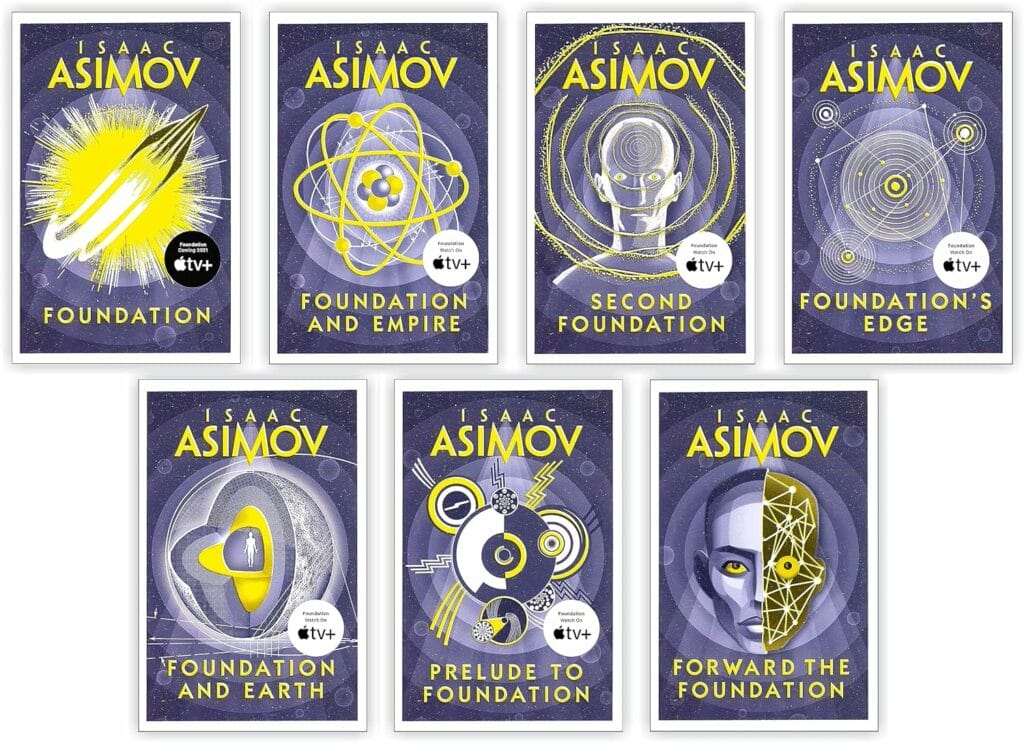
“Foundation” series by Isaac Asimov:
This epic series explores the rise and fall of a galactic empire over millennia. Initially focused on mathematician Hari Seldon and his development of psychohistory, a science that predicts the future on a grand scale, the series follows the efforts of the Foundation to preserve knowledge and civilization during the collapse of the empire and the ensuing chaos.
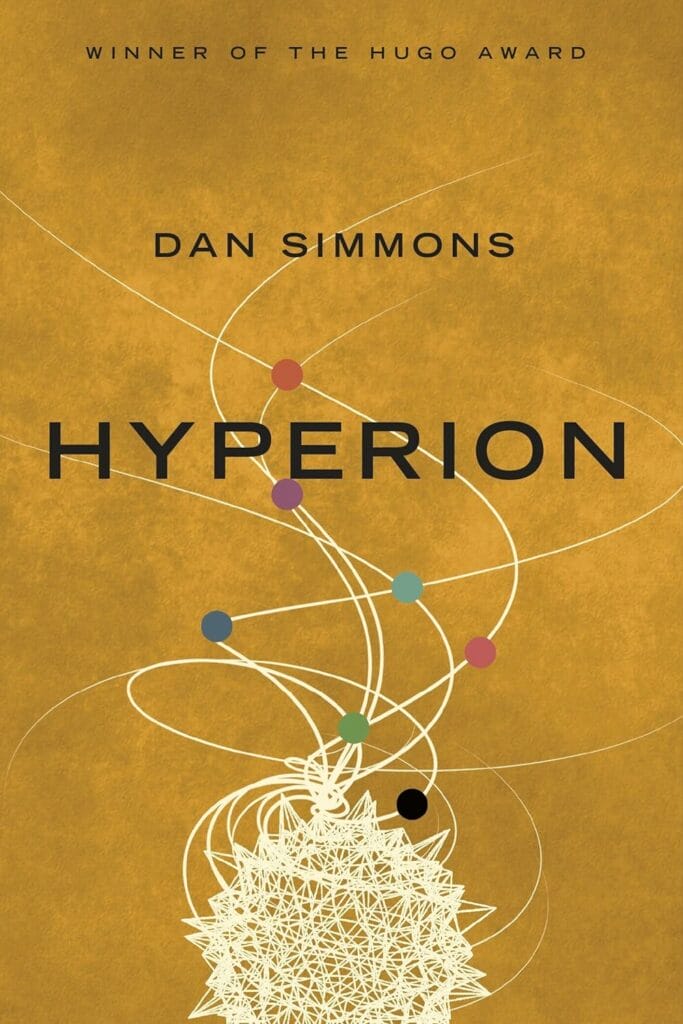
“Hyperion Cantos” by Dan Simmons:
Beginning with “Hyperion,” this series weaves together the stories of seven pilgrims journeying to the distant world of Hyperion, where the enigmatic Shrike awaits. Each pilgrim recounts their past, revealing layers of intrigue, prophecy, and existential mystery. Across the subsequent novels, the series expands to explore the wider universe and the conflicts between humanity and its enigmatic adversaries.
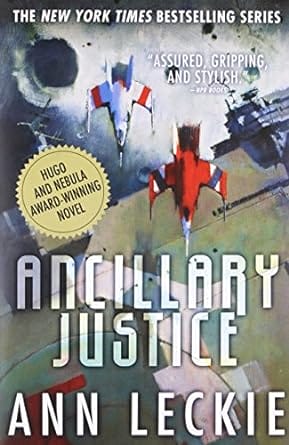
“Ancillary Justice” by Ann Leckie:
In a future ruled by the Radch Empire, protagonist Breq is a fragment of a vast starship AI seeking revenge against the ruler of the empire. The narrative unfolds across multiple timelines, exploring themes of identity, memory, and the consequences of colonialism. As Breq navigates the complexities of Radch society and confronts her past, she questions the nature of personhood and agency.
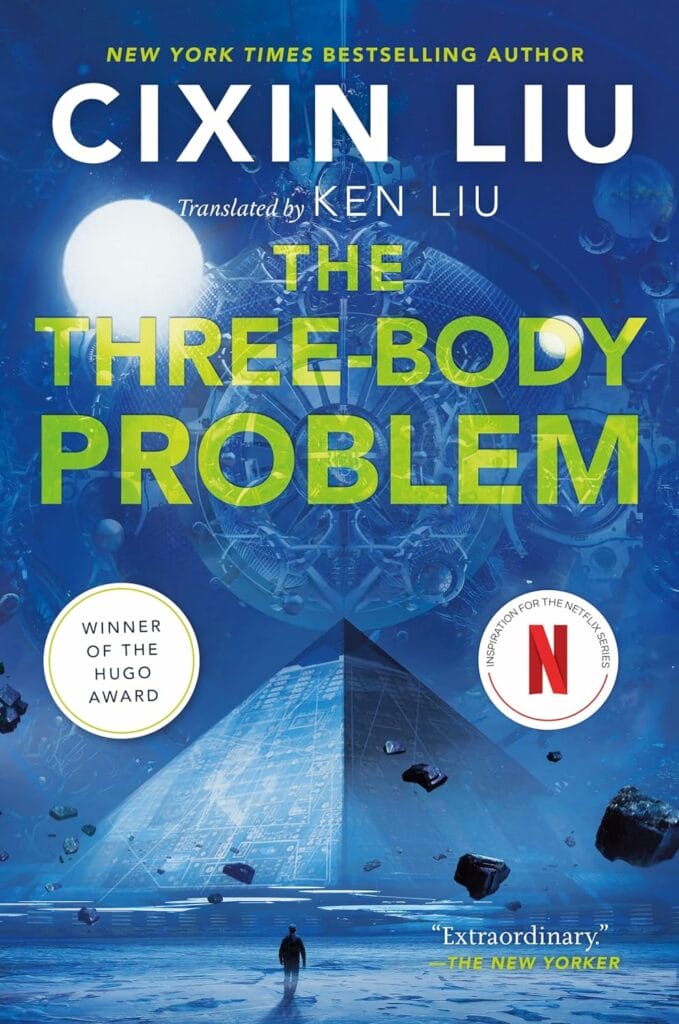
“The Three-Body Problem” by Liu Cixin:
Set in China during the Cultural Revolution and the present day, the novel follows physicist Wang Miao as he investigates a mysterious virtual reality game and its connection to strange scientific phenomena. As humanity grapples with the threat of an impending alien invasion, Wang delves into the secrets of the universe and confronts the limits of human understanding.
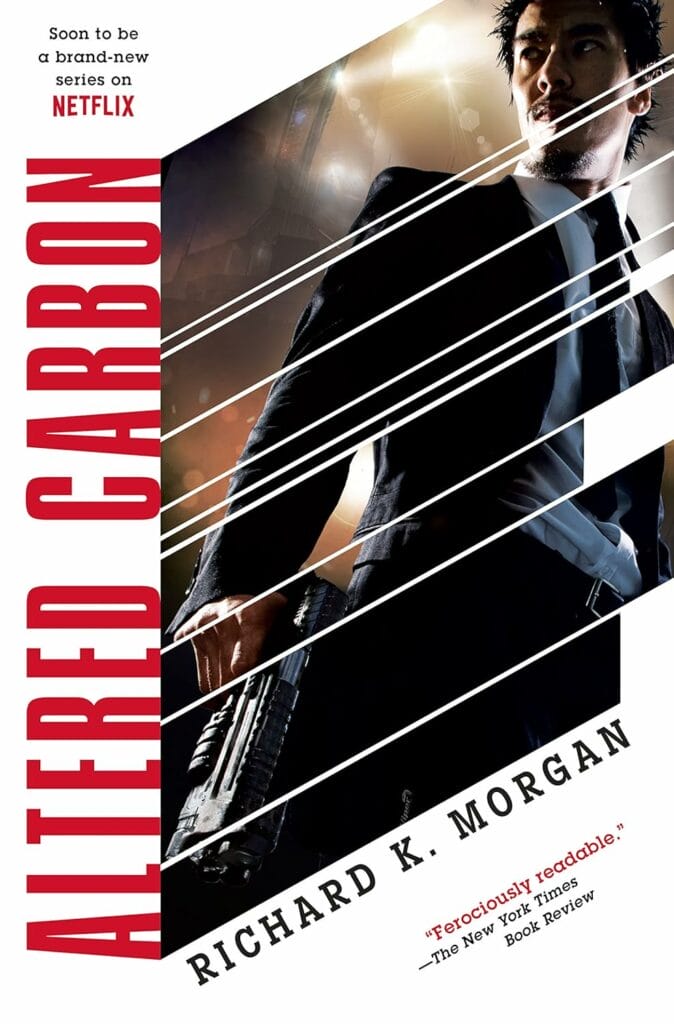
“Altered Carbon” by Richard K. Morgan:
In a future where consciousness can be transferred between bodies, ex-soldier Takeshi Kovacs is hired to investigate a wealthy man’s murder. The story explores themes of identity, mortality, and the commodification of human life in a society where death is no longer permanent. As Kovacs unravels the conspiracy behind the murder, he confronts his past and the corrupt forces that control society.
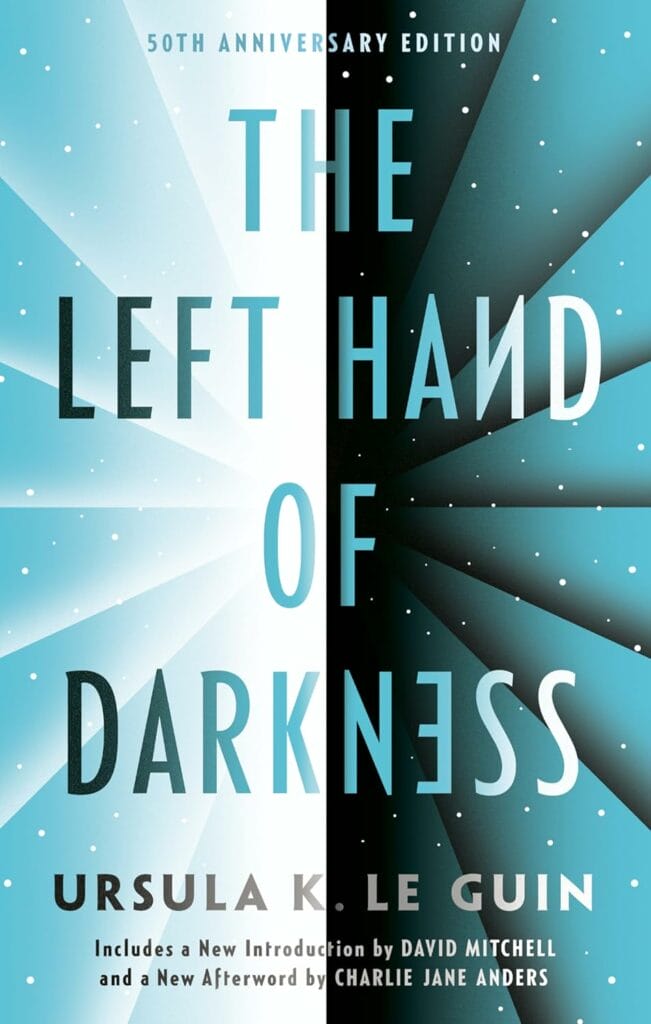
“The Left Hand of Darkness” by Ursula K. Le Guin:
Set on the planet Gethen, the novel follows the envoy Genly Ai as he attempts to persuade the inhabitants to join the interstellar community known as the Ekumen. As Genly navigates the complexities of Gethenian society and forms a bond with Estraven, a Gethenian politician, the story explores themes of gender, politics, and cultural differences.
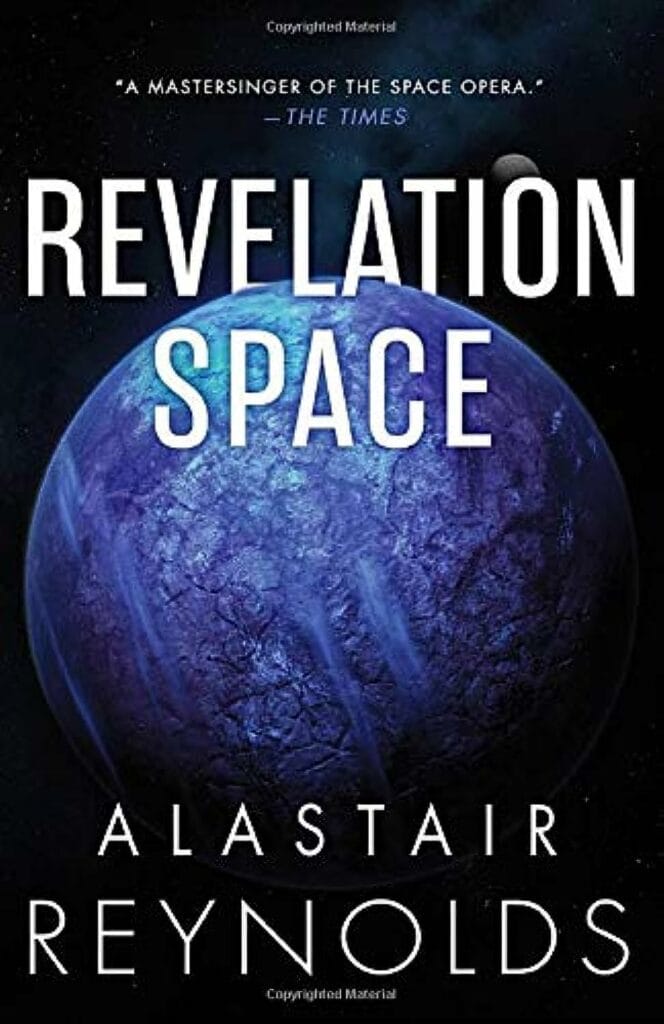
“Revelation Space” by Alastair Reynolds:
In a distant future where humanity has colonized the galaxy and encountered advanced alien civilizations, the novel follows various characters as they uncover ancient mysteries and confront the dark secrets of the universe. Themes of identity, technology, and the nature of consciousness are explored against the backdrop of interstellar conflict and exploration.
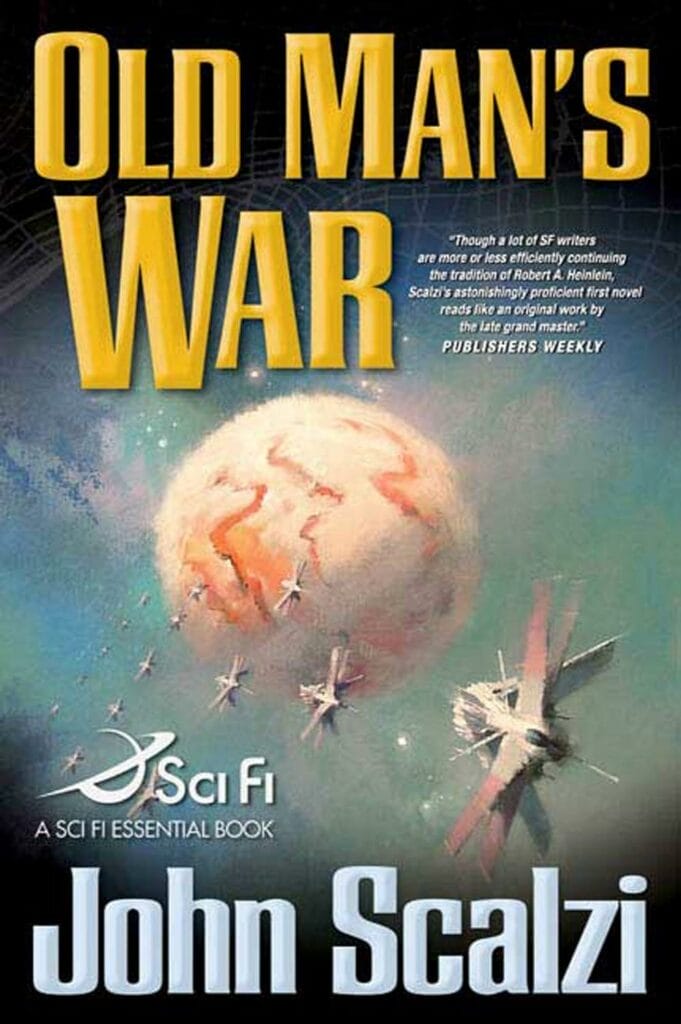
“Old Man’s War” by John Scalzi:
In a future where elderly citizens can enlist in the military to gain new, genetically enhanced bodies, protagonist John Perry joins the Colonial Defense Forces to fight against alien species and secure human colonies across the galaxy. As Perry undergoes training and battles against hostile aliens, he grapples with the ethics of warfare, the sacrifices of military service, and the mysteries of the universe.
Have you read any of the books on the list? What’s your favourite Interstellar Book? We’d love to hear from you.
Other things you might want to know:
Is Interstellar based on a book?
The Interstellar movie was not based on a book.
Why is there no Interstellar 2?
Due to this being an original story and one which had a definite end, there is not need for a sequel.
Is Interstellar based off anything?
The Interstellar movie was not based on a book.
Check out other articles by month:


